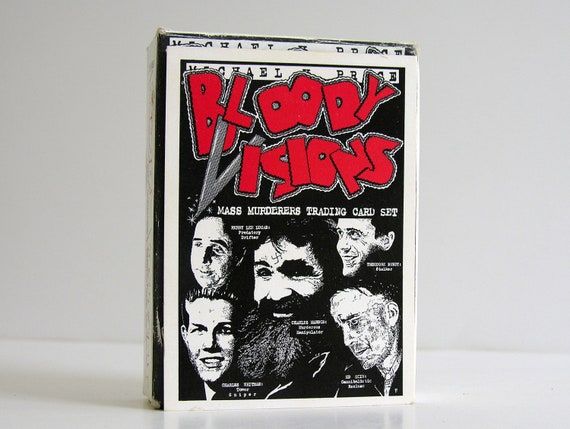

Why? Because they were already there and in business.Ī lifeboat with two dead Russian thugs, having been tortured and shot, washes up on the shores of Sweden. Mankell also provides a good explanation for how, when the Iron Curtain fell, Russian style gangsters were more than ready to fill the void created by the end of totalitarian rule. Mankell makes another interesting observation in that not all Latvians wanted Coca-Cola capitalism, were just hunky dorey with communism but were dissatisfied at how the revolution was going. In Latvia, citizens would get the choice (more or less) about whether to stay in the Soviet orbit or go it alone and free. The Cold War was winding down, The Scorpions were releasing a song called “Wind of Change”, Ronald Reagan was telling eastern folks to tear down a wall, and Hey, let's face it, there was a lot of transformations in the world.

Henning Mankell’s second Kurt Wallander novel was better than the first, 1991’s Faceless Killers, and much of the enhanced praise comes from Mankell’s use of and exploration of the dichotomy between these northern countries and at this time and place. (**I was happily showed otherwise when I first posted this review, check out the comments below and the friendly reader from sunny and warm Riga)Īnother cold and dark place, though with happy trees and surly and reclusive police detectives is Sweden. Back in the olden days of 1991 and thereabouts, this evil empire called the Soviet Union (once and again called Russia – home of the Rooskies) controlled a big chunk of the globe, especially the cold wintry parts. Turns out Riga is the capital of this Baltic state.

Recomendable para los seguidores de la serie, entre los cuales me encuentro. A menudo compara las condiciones de vida letonas con las de su propio país, mucho más avanzado en todos los sentidos, y aún así, termina por cogerle cariño a una Riga (la capital) decrépita y decadente, donde la corrupción y el espionaje al vecino campan a sus anchas. Lo realmente interesante está en revivir las experiencias del comisario en una Letonia que, para Wallander, era un gran misterio. Aquí la investigación en sí es lo de menos. Mankell lo escribió por aquella época, por lo que el relato denota la frescura del momento, sin saber aún qué pasaría con este y otros países satélites de Moscú. Pero me han gustado, y mucho, su desarrollo en Letonia, y el trasfondo político en el que estaban sumergidos los países del este a la caída del Muro de Berlín y del colapso de la Unión Soviética. Tengo que confesar que no está entre los mejores de este magnífico escritor (siempre según mi opinión, por supuesto). Aunque he leído posteriores, tenía pendientes este, y también el tercero, que leeré en breve. I'm going to pay attention to my instincts from now on.Įs el segundo de la serie Kurt Wallander, y fue publicado en los primeros años de los 90. I should have paid attention to my instinct to drop this in the discard pile, but I was determined to ride it out. The subplot of shadowy.whatever they eedom fighters.? made no sense whatsoever (seriously, he's investigating the death of a police officer and he voluntarily lets himself be taken around by guys who throw hoods over his head? To hang out with people with whom he can barely communicate in bad English? Who does that?), and the other subplot with the love interest was ridiculous. After 300 pages of Wallander being driven around Latvia, being cold, eating omelettes, drinking coffee, wandering around with a map, and sitting around asking himself why he's in Latvia, I don't actually care. Henning Mankell doesn't appear to know why Wallander is in Latvia.

Wallander doesn't know why he's in Latvia. Kurt Wallander, Swedish detective, is inexplicably sent to Latvia to investigate the death of a Latvian police officer who was killed.


 0 kommentar(er)
0 kommentar(er)
